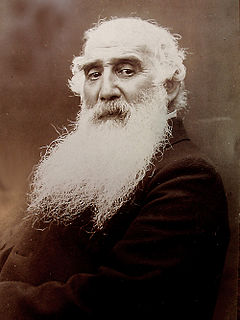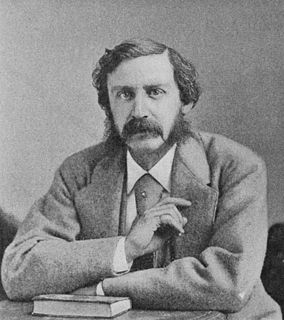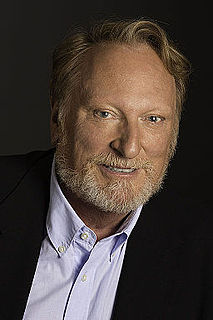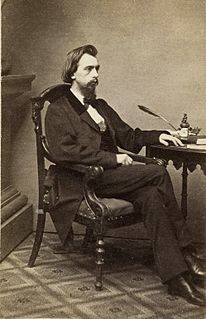A Quote by Henry Seidel Canby
The function of the Short Story is to be interesting, to convey vivid impressions, an therefore it must, to a degree, work with the evident and superficial thing
Quote Topics
Related Quotes
I don't particularly like the idea that there's an arc to the story and that therefore in this scene you have to convey this bit of information or emotion. I like more the feeling that, of course, there is a shape to the story, but that each scene should feel right, should be true at that moment, and that gradually you accumulate these moments of truth until you get enough of them together that it becomes a story that's interesting.
There's a rule for what makes good fantasy work, and it's as strange as any riddle ever posed in a fairy tale: In fantasy, you can do anything; and therefore, the one thing you must not do is 'just anything.' Why? Because in a story where anything can happen and anything can be true, nothing matters. You have no reason to care what happens. It's all arbitrary, and arbitrary isn't interesting.
Given that some social processes must convey inherent constraints, the choice is among various mixtures of persuasion, force, and cultural inducement. The less of one, the more of the
others. The degree of freedom that is possible is therefore tied to the extent to which people respond to persuasion or inducement.
The short story is at an advantage over the novel, and can claim its nearer kinship to poetry, because it must be more concentrated, can be more visionary, and is not weighed down (as the novel is bound to be) by facts, explanation, or analysis. I do not mean to say that the short story is by any means exempt from the laws of narrative: it must observe them, but on its own terms.
































